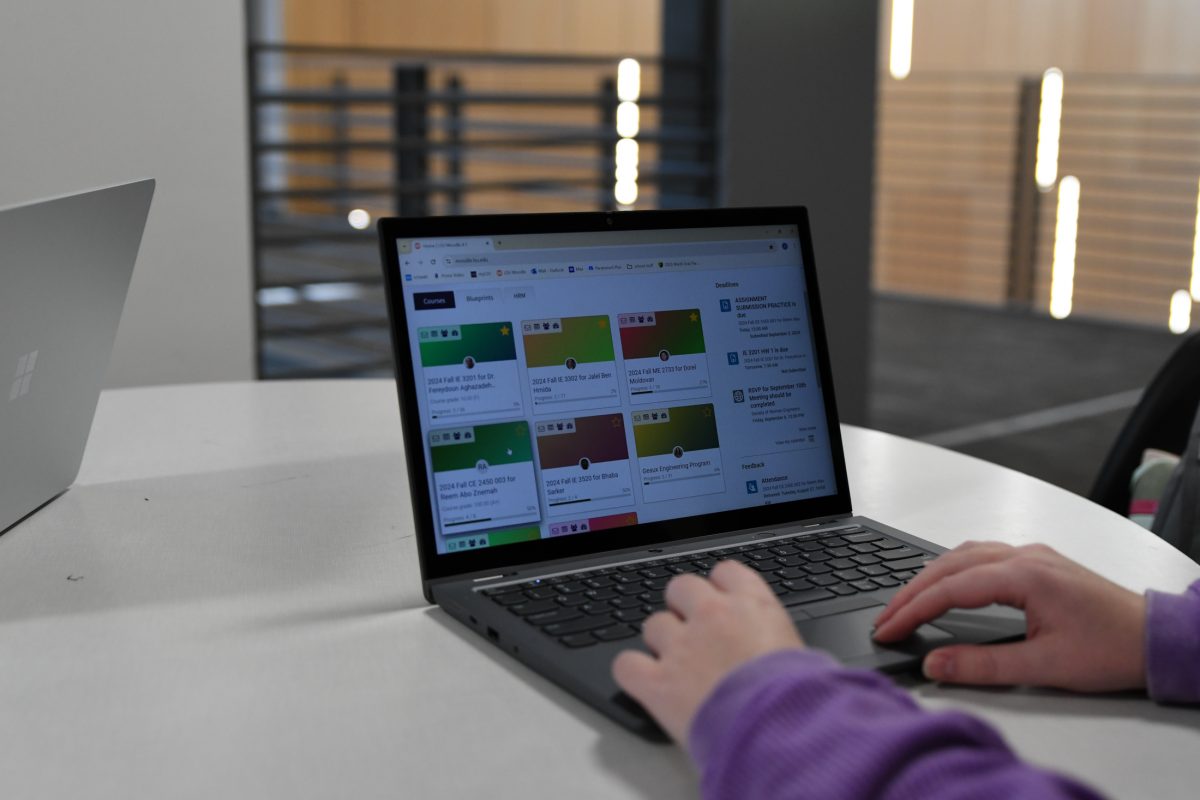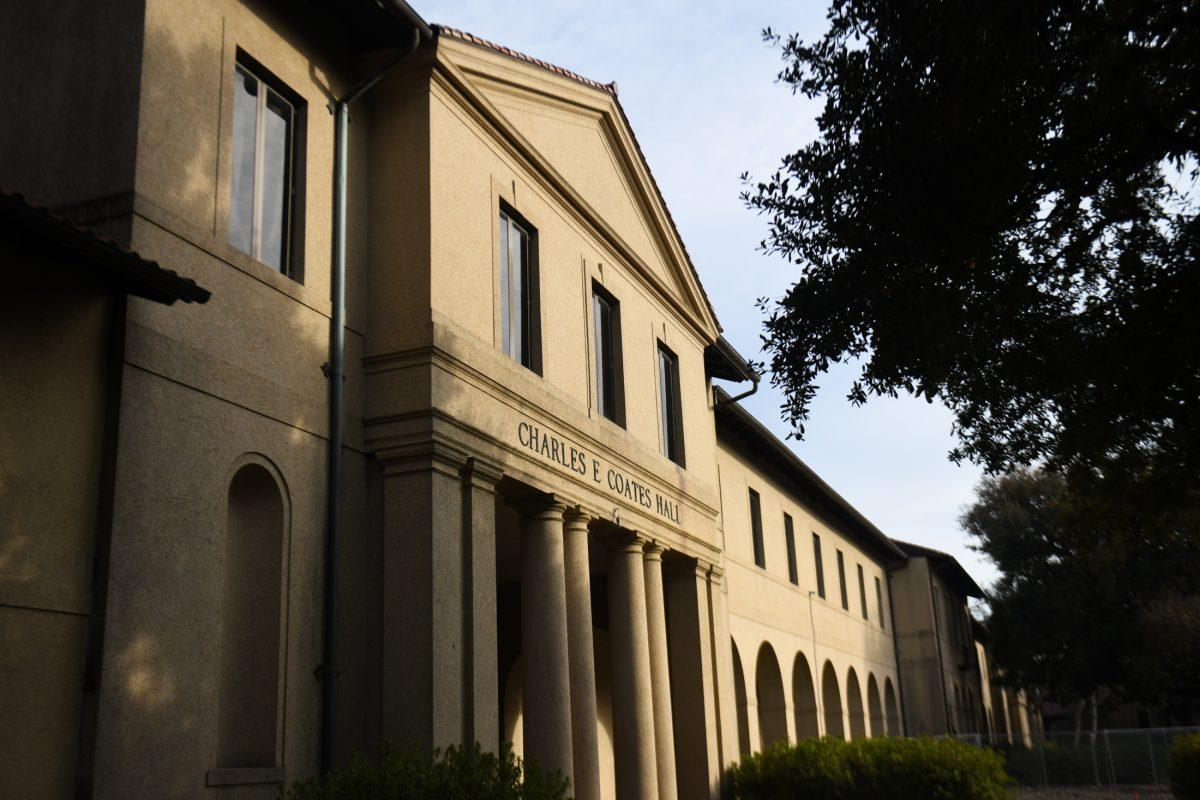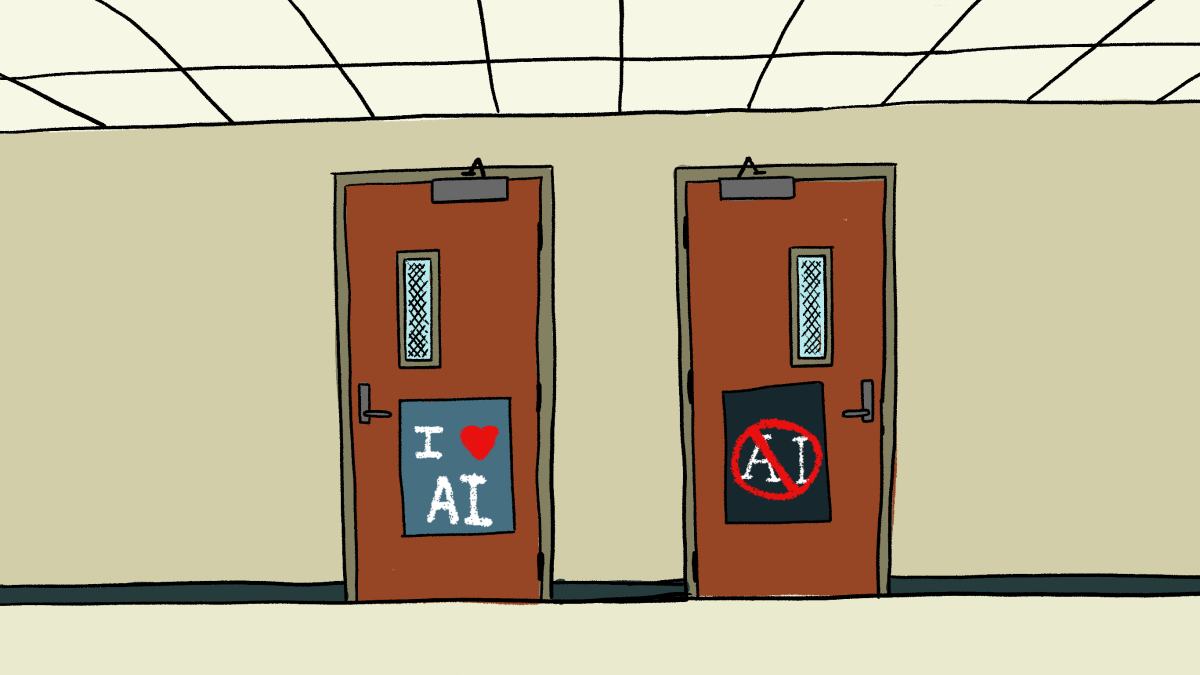A survey of LSU’s faculty members concluded that only half of those surveyed are satisfied with Moodle as the university’s learning management system.
It probed the faculty members on how the university should approach Moodle’s future, gauging if improvements should continue as is the status quo or if the university should look outright for an alternative to Moodle.
The survey was administered collaboratively by executive members of LSU’s Faculty Senate, Information and Technology Services and the Office of Academic Affairs.
It compiled results from 658 faculty members, roughly 40% of the roughly 1650 total body of faculty members employed by the university in 2023. Of those polled, 72% said they frequently used Moodle.
The Faculty Senate approved $5,000 to issue the survey, including incentives to give away for those who completed the survey and a raffle to encourage participation.
“Half of the faculty probably want to switch away from Moodle,” said Vice President of the Faculty Senate Parampreet Singh, one of the survey’s administrators. “And half of the faculty want to stick with Moodle, but only if improvements will be made.”
To be exact, the survey found that 51% of faculty members were to some capacity satisfied with Moodle, leaving the remaining 49% on a wide spectrum of dissatisfaction.
Singh, also a professor of physics and astronomy and chair of Faculty Senate’s Information Technology Committee, said these figures should be rationalized with great nuance.
For example, even those satisfied with Moodle answered that there were consistent and fundamental problems to Moodle’s gradebook and video streaming features. Their favoring of the status quo usually hinges on the university continuing to improve the user experience, especially in these areas.
“They don’t know what they’re missing,” Singh said, summarizing a common sentiment of those dissatisfied with Moodle.
Generally, he said, those dissatisfied started their careers in higher education at other institutions and consider Moodle a downgrade from learning management system alternatives, like Canvas and Blackboard.
“The people who are against Moodle are quite vocal; they’re not just a minority,” Singh said. “And the people uncertain of Moodle are generally uncertain of the alternatives.”
Craig Woolley, chief information officer of the university and another architect of the survey, said that LSU has used Moodle since 2008. LSU is one of, if not the only, university to use Moodle in the SEC, and the same is true of universities in Louisiana – that the LSU system is one of, if not the last, of Moodle’s holdouts.
Woolley said that alternatives are being considered. The most prominent option is Canvas. Blackboard is another being considered.
Across the spectrum of responses, “it’s just difficult to use,” came to be a recurring theme, Singh said.
Lots of faculty have voiced complaints about a lack of training, leading to them never really understanding how to use Moodle effectively.. Some relegate all Moodle-related tasks to teaching assistants or calculate grades using pen and paper.
Moodle’s future… is undecided
Singh and Woolley said that by the end of the semester, there’s hope that a plan that accommodates the most faculty will be established.
“It’s too early to say that there’s an obvious path forward,” Woolley said. “But what we can say is that this is going to be a well thought out process, that’s inclusive, before a decision is made. I don’t care what that is, I just want the best for our faculty.”
And deciding to make the switch might prove an easy choice, but actually transferring data and content would be anything but. It would pose lots of logistical hurdles the university would have to streamline ahead of migration.
Even if a replacement is deemed more efficient and doable, the multifaceted process of migrating might render a big switch not worth it, Woolley said, if the gain or change isn’t outweighed by the weight of the migration process.
“It’s just not as easy as saying this is a little bit better,” he said.
But there have been real conversations discussing how Moodle could possibly be replaced.
Singh and Woolley said the survey’s results need to be analyzed and scrutinized in the meantime. Further questions must be asked.
Budgetary concerns weren’t even being considered at this stage, Woolley said.
“We worked in tandem to do the survey, and we’re working in tandem to digest the results and figure out potential paths forward,” he said.
Both Singh and Woolley said that communication and collaboration between departments has been heightened, causing the process to move quickly..
It makes big changes a real and timely possibility, despite further work needed, the surveyors said.
The survey’s other key findings
The survey also had questions about faculty tech support, generative AI in the classroom and classroom technology accommodations.
The survey’s responses show 79% of faculty believe it’s important the university provide them with a computer loaded with software making the systems compliant with the university’s IT policies.
The survey also found that 48% of faculty members were against incorporating AI in their courses, 27% liked the idea of AI integrated with learning and 25% were uncertain.
Those against AI said the university needed a dedicated ethics course and detection system. Generally, they believe using AI academically leads to a decline in critical thinking.
Those in favor of integrating AI generally said it could be useful in addressing faculty needs and other discipline-specific applications.
Classroom technological accommodations vary widely, Singh explained. Lots of faculty said they were very pleased with the tech present in their classrooms. Others told him that their classroom belonged in the third world.
He said the consensus most faculty held was that classroom technology needed to be standardized.
Seeking student responses
Singh said student responses are also valued, as they stand to benefit or lose from any decisions going forward. Those interested in providing comment can reach him by his email, psingh@lsu.edu.
He also spoke of a possible experiment wherein a small number of approved classes could test out an alternative to Moodle to simulate if the migration is worth undertaking.











